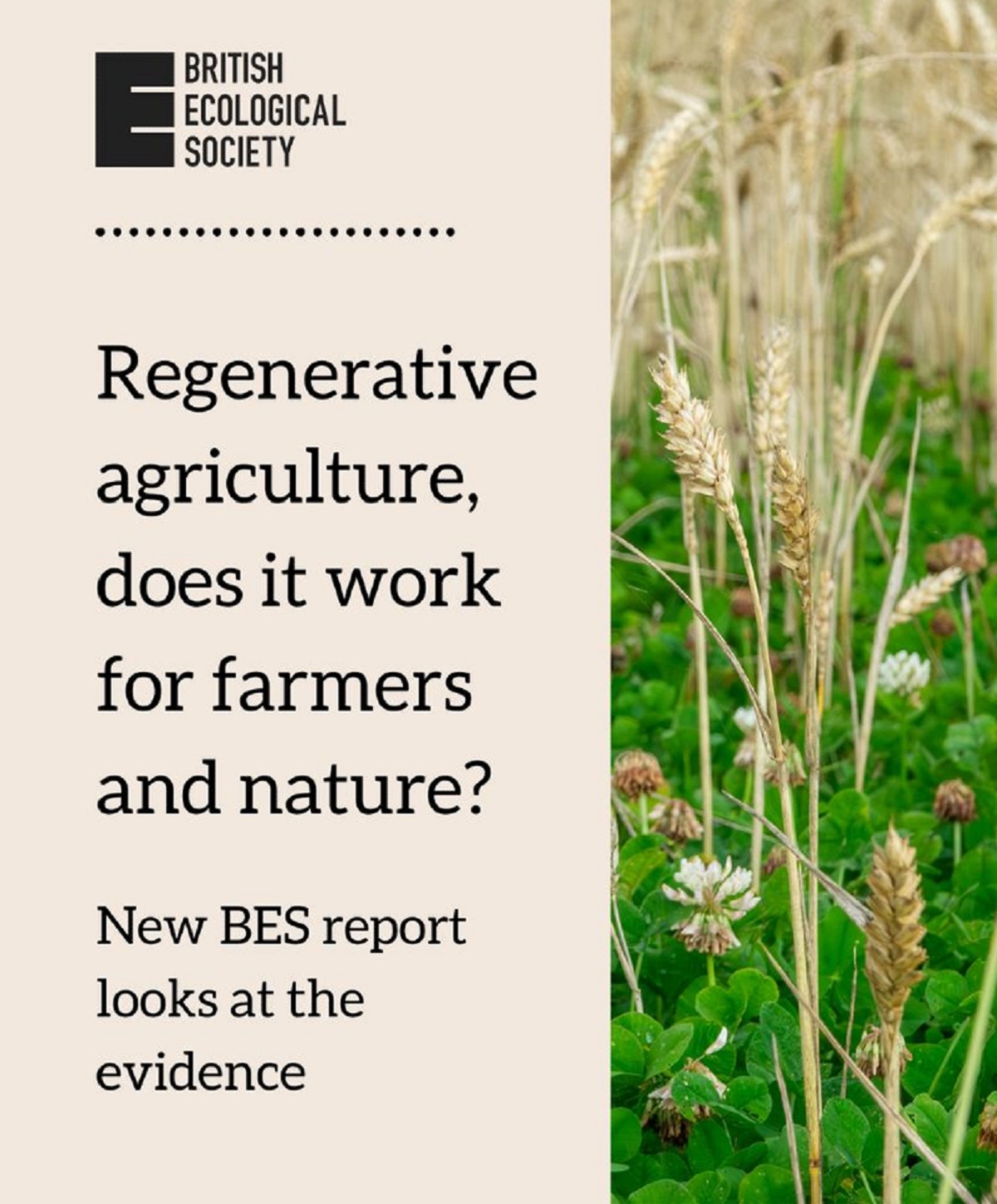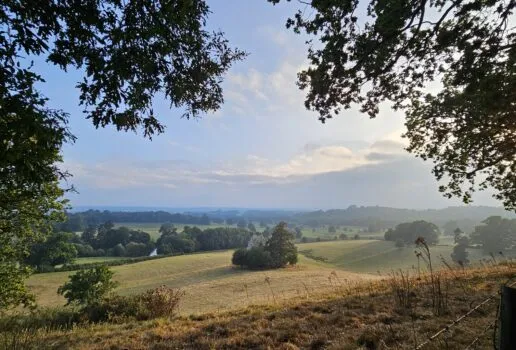With 70% of UK land dedicated to farming, it’s vital that as much as possible delivers for both food and nature, especially in a country where farmland birds have declined 58% since 1970 and the farming sector is the leading cause of freshwater pollution.
As a way to make food production work with nature, the concept of regenerative agriculture, which emphasises the need to focus on soil restoration, has been attracting increasing attention from farmers, governments and corporates, and as a concept has become increasingly politically and economically loaded.
Yesterday, the British Ecological Society launched a report which asks if regenerative agriculture can bring about positive benefits for both farmers and nature.
‘Regenerative Agriculture in the UK. An ecological perspective‘, brought together 40 academics, practitioners and farmers from across the UK to explore the extent to which regenerative agriculture principles deliver for nature, achieving positive outcomes like improving soil health, increasing biodiversity and minimising environmental damage. Jed Soleiman, Leverhulme Centre for Nature Recovery researcher is an author of the report:
“It’s fantastic to see ecologists, farmers, policymakers and others come together to think about a future countryside that is lively and flourishing for both people and nature. What I find particularly exciting is how we highlight how regenerative agriculture is not an exclusive club for those already established in the space, but a journey that can be started at any point, requiring only the ambition to keep doing better over time.”
The report finds that there is strong evidence that soil health and biodiversity can improve under regenerative agricultural practices, but a whole systems approach is needed for the best results. Individual principals of regenerative agriculture used in isolation are rarely sufficient. While a whole systems approach achieves the biggest impacts, the report authors warn that this shouldn’t discourage farmers from taking up just a few approaches.



